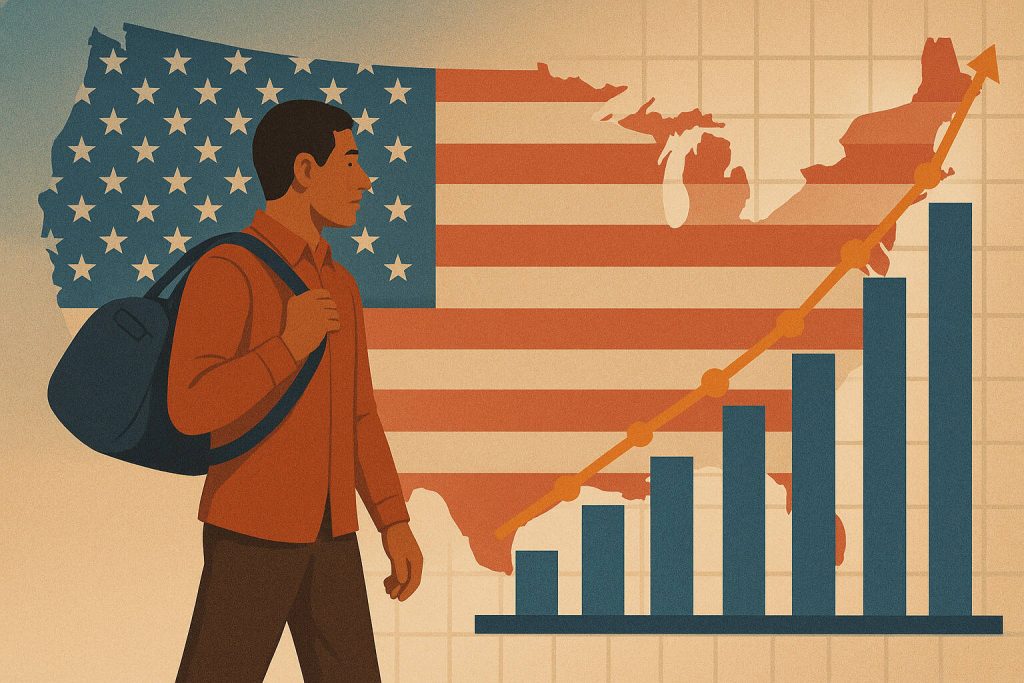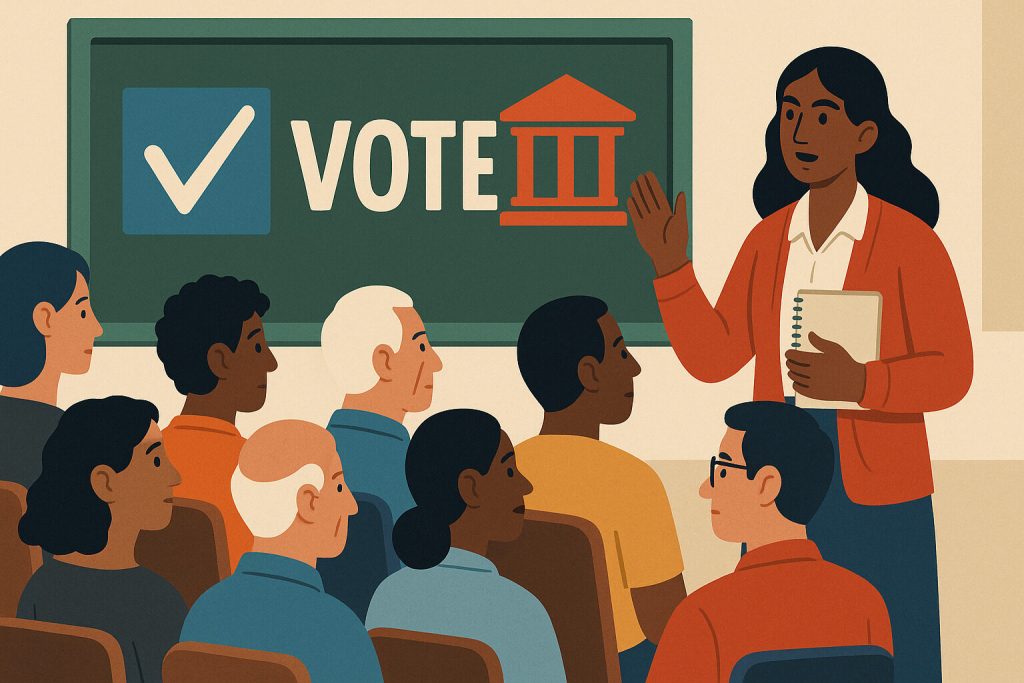
How to Navigate a Public Relations Crisis
Why Proper Response to a PR Crisis Matters In today’s fast-paced information age, even a minor mistake can escalate within hours. For businesses, organizations, or public figures, a public relations (PR) crisis can inflict deep damage on reputation, trust, and…

Public Affairs vs Public Relations
Understanding the Difference Between Public Affairs and Public Relations Today, it’s essential for businesses, organizations, and government agencies to deliver their messages effectively. However, with so many terms used in the field of communication, many people get confused about the…

Public Affairs in a Polarized Nation
Addressing Public Affairs in a Time of Deep Division Public affairs have always been vital to a nation. They serve as the venue for discussing policies, projects, and viewpoints that affect citizens’ daily lives. But when people are deeply divided…

How Immigration Shapes the US Economy
Why Immigration Is Crucial to the Growth of the American Economy The United States has long been recognized as a nation built by migrants. Throughout every chapter of its history, new groups of people have arrived from different parts of…

Understanding the National Debt
Why Understanding the National Debt Matters Every year, Americans hear about the rising national debt of the United States. For some, it feels like a distant issue—something only discussed in the news or Congress. But in reality, it impacts everyday…

The Future of US Voting Rights
Why Discussing the Future of Voting Rights in America Matters The right to vote is the foundation of democracy in the United States. For many citizens, it is the primary means of having a voice in government. In recent years,…

How Economic Recovery Plans Shape Society
Why Economic Recovery Plans Matter Beyond Numbers When economic crises strike, people instinctively look to governments for solutions. One of the most critical responses is the development of economic recovery plans. While these plans might sound like technical government paperwork…

How Civic Workshops Build Informed Voter Communities
Community learning turns interest into action Participation in elections goes beyond placing a ballot in a box. For many citizens—especially young people and first-time voters—the voting process can seem like a complex system. This is where civic workshops come in.…

How Participatory Budgeting Enhances Community Voice
Direct involvement builds stronger civic trust When citizens are directly involved in deciding how government funds are spent, trust in the system deepens. Participatory budgeting is not just about money—it’s about giving everyone a voice. Residents are given a concrete…

How Online Quizzes Can Boost Civic Understanding
Gamified Learning Sparks Natural Interest in Public Topics Understanding social issues doesn’t always begin in the classroom. More often, people learn through interactive experiences, especially when presented in familiar formats. In this context, online quizzes are not just entertainment—they’re effective…
- 1
- 2
- 3
- …
- 6
- Next Page »